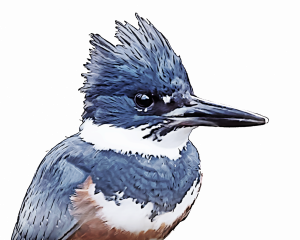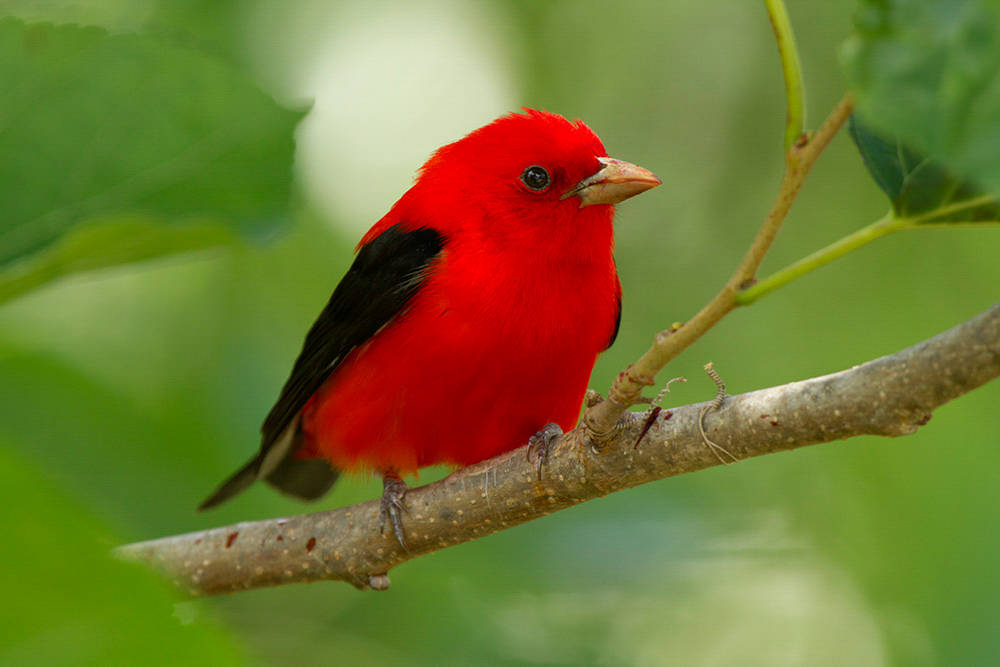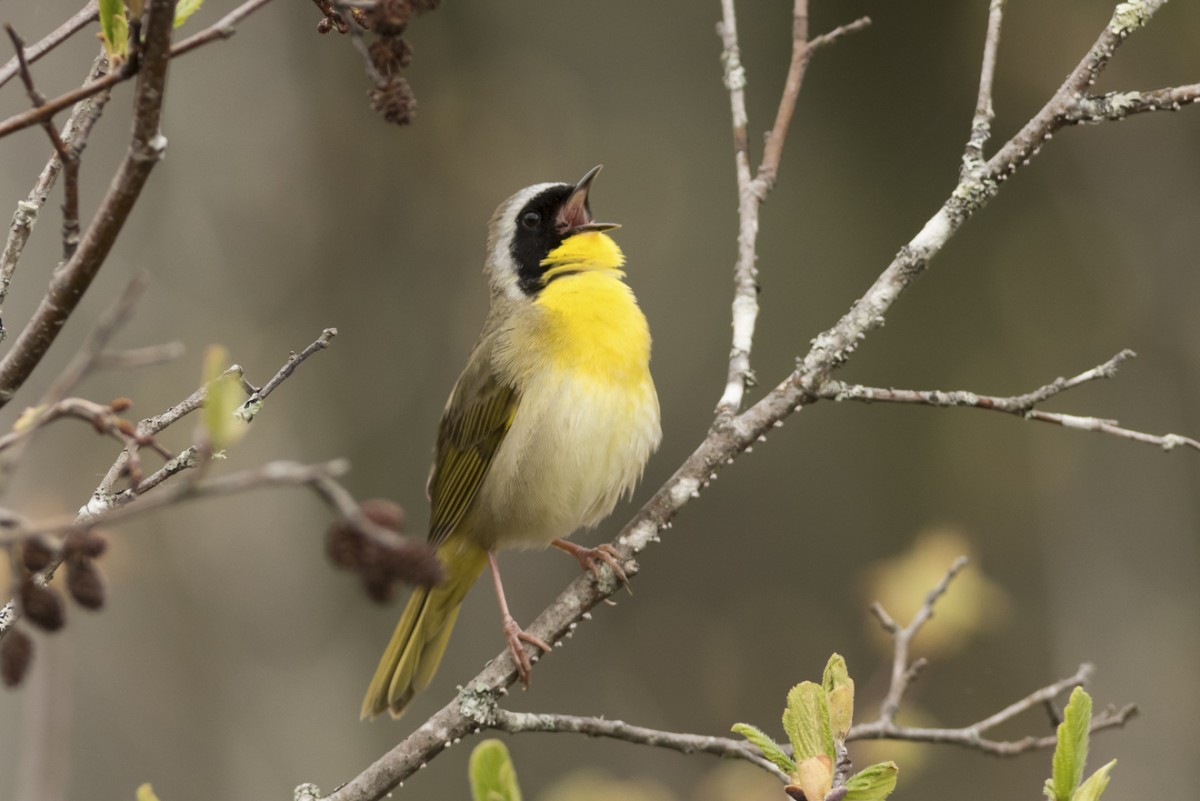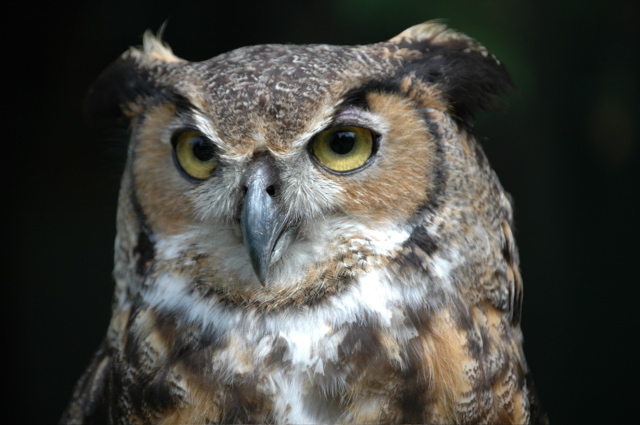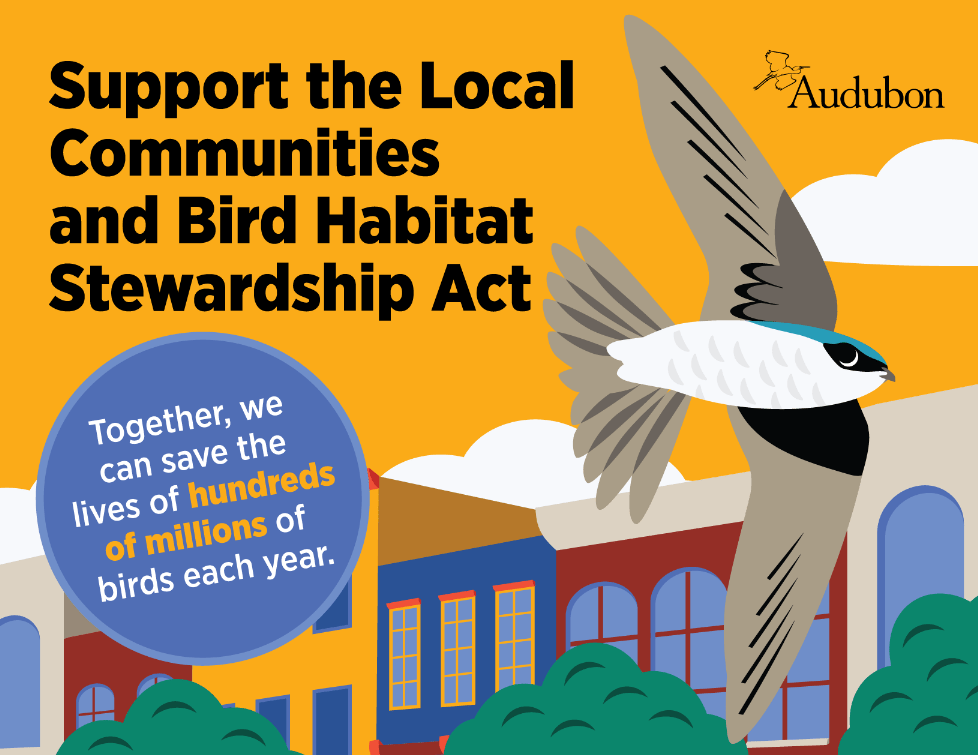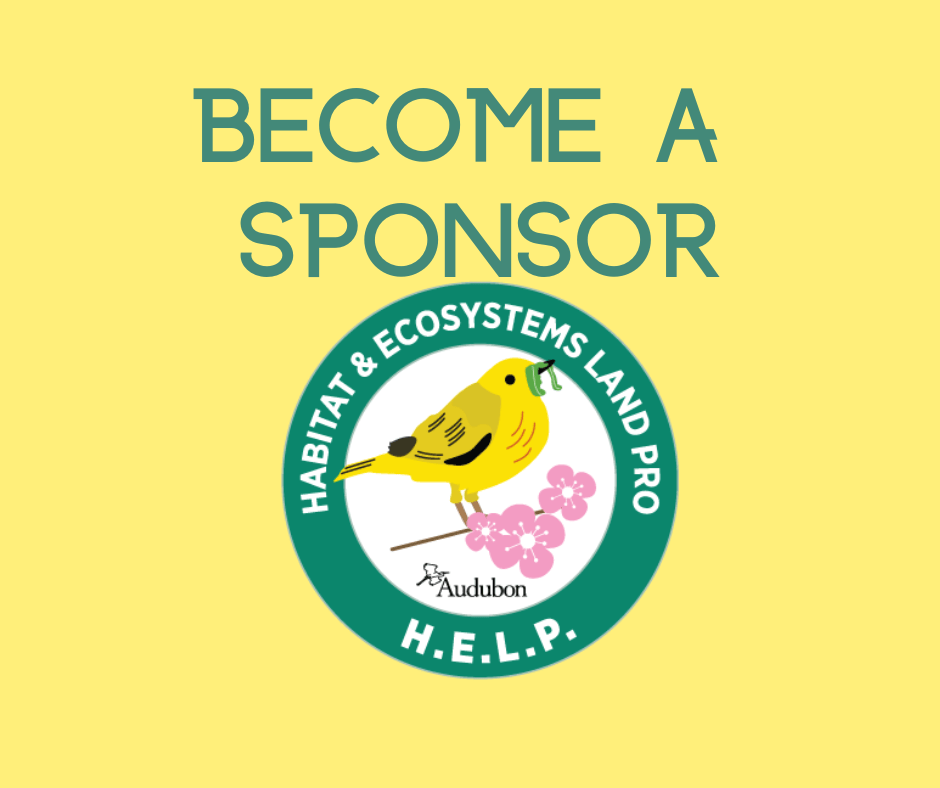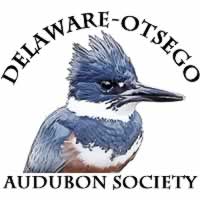This is a recording of a presentation hosted by Delaware-Otsego Audubon Society (DOAS) on Friday, February 21, 2025 at 7:30 PM on Zoom featuring DOAS Education Chair, Susan O’Handley to look at ways to reduce your household carbon impact and why it is important to take action.
View the Resources Page including information on how to protect your personal data.
Set up your profile and start your questionairre on the DOAS Community Carbon Tracker App (best with a gmail account) linked below.
Additional – For Low Income Families:
Habitat for Humanity, Otsego County builds new homes with energy efficiency and low carbon impact. For information and qualification requirements, you can visit their website at https://habitatotsego.org
and VIEW THEIR HOMEOWNER INTEREST FORM HERE.
From Bruce Downie, Building Chairman, Habitat for Humanity of Otsego County
The Habitat houses we are currently building using insulated concrete forms (ICFs) are being heated with a 9,000 BTU minisplit. The ICFs go all the way to the eves. The attic is blown-in insulation with a rating of R-60. There are no fossil fuels being used and the electric budget with NYSEG is around $100/month. The houses are about 1150 sf with a full basement, so 2300 sf total.
“Climate change is the single greatest threat to North American birds. Solutions are plentiful, but to protect more than 300 species at risk, we must act now.” —National Audubon Society, September 2024.
Approximately 30% of greenhouse gas emissions come from residential and commercial sectors in the U.S. (The breakdown for the remainder is 30% from industry, 30% from transportation and 10% from agriculture.)
2024 broke records for global temperatures and severe weather events. The 10 warmest years in the historical record have all occurred in the past decade (2014-2023). The financial costs of climate change are already being seen with evidence from record breaking damages from severe weather events over the last year. Repair costs are staggering and insurance claims are being denied.
Our community households and local businesses can work towards minimizing our collective impact.
Susan’s program will focus on seven areas where our households, businesses and community operations have carbon impact and will provide an overview of tools and resources to help you establish baseline data and how to track your progress.
Susan will also briefly overview her family’s own journey toward a carbon-neutral household, along with the financial and quality-of-life benefits realized through investing in energy retrofits to their 1902 Victorian Farmhouse in Hartwick.
Presenter Bio
Susan O’Handley has been involved with local Audubon chapters for over 30 years and has served on the Board of Directors for the Delaware-Otsego Audubon Society since 2012 (10 years as a Co-President). Susan also works with the Audubon NY/CT Council Board which is composed of 27 Audubon Chapters in NY State and 6 Chapters in CT, and serves on the Advisory Board for Audubon NY/CT Regional Office as the Chapter Representative. She owns and operates a small digital marketing agency in Hartwick, NY
